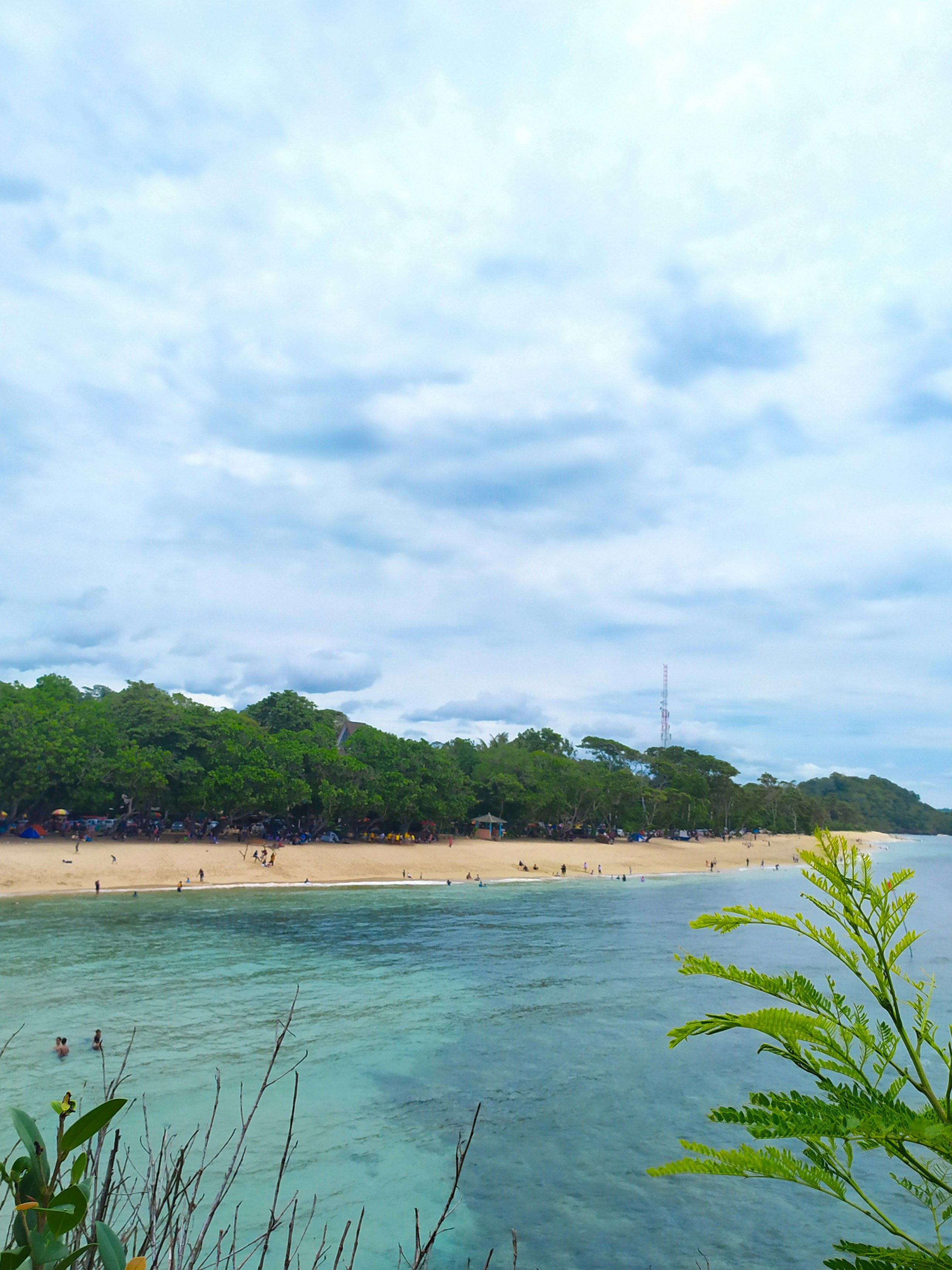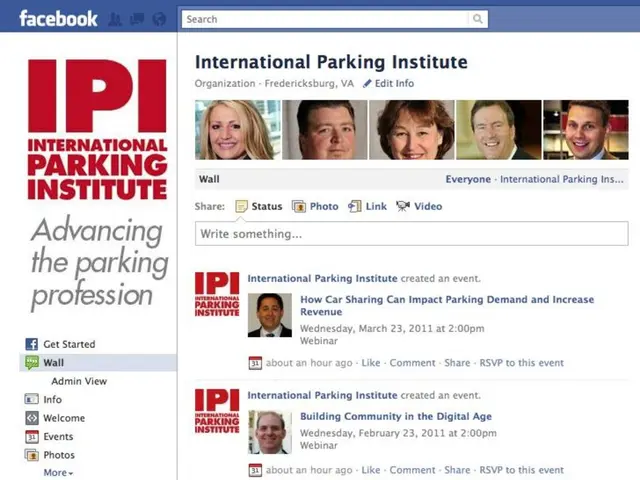Finance Minister Klingbeil Strives to Solve the Budget Puzzle Left Unsolved by the Traffic Light Coalition
By Florian Schillat
Finance Minister Klingbeil discusses the budget and the dramatic effects of the Traffic Light Coalition's challenges - Financial Plan Disputes and Road Sign Mishaps
The task ahead for Finance Minister Lars Klingbeil is weighty, as his predecessors in the Traffic Light Coalition stumbled over it. Klingbeil has apparently prepared for potential complications by constructing rhetorical fortresses. Declaring his department as an "investment ministry," Klingbeil aims to avoid squandering the new financial resources of the black-red coalition, while also making necessary cuts.
As Klingbeil embarks on drafting the budget, he plans to hold individual meetings with each minister promptly to hear their proposed financial plans. Each ministry is alleged to face pressure to slash expenses, although Klingbeil clarified exemptions for the €500 billion infrastructure and defense spending special fund.
This paradoxical situation persists – although the black-red coalition can surpass billions to repair crumbling bridges and problematic railways, cost-cutting must remain in the state budget, as economic growth stimuli are not free. It remains to be seen if specialist ministers will embrace savings without resistance or if the black-red coalition will continue the inertia of the Traffic Light Coalition.
Gabriel Lindner criticized "excessive wish lists" when he served as Finance Minister during the Traffic Light Coalition, arguing that some ministries had proposed plans sufficient for "Christmas, Easter, and birthday gifts all in one." Several departments ignored Lindner's guidelines for the 2025 budget.
The teams must now finalize the 2022 budget before the parliamentary summer recess and approve the draft budget by the cabinet. Consequently, the budget is anticipated to pass in September. Meanwhile, Klingbeil is working on the 2026 budget, set to be completed by the end of the year, with the aim of bypassing endless debates, such as those experienced under the previous coalition.
"Given the challenging budget talks ahead, influenced by the federal government’s tight financial situation and the opportunities presented by special funds, SPD parliamentary group deputy Wiebke Esdar informed stern: 'The SPD parliamentary group is committed to ensuring that additional investments, for instance in education, transport infrastructure, and social cohesion, remain possible even under difficult conditions'," said Esdar.
The federal government's economic growth is stalled, and tax revenues are missing targets, implying the budget process will not move ahead unhindered. The 2025 federal budget is predicted to have a financing gap of around €30 billion, according to Handelsblatt in March.
The previous coalition ended in part due to a fiscal dead end. How to bridge this gap and at what cost is a question the new government must answer. By the end of the year, a reform of the debt brake is also due.
The budget process will serve as a test of Klingbeil's authority as Finance Minister and Vice-Chancellor. Any disputes or cosmetic savings will be closely watched, as even the former coalition partners keep a close eye on the newcomer and have cautioned against tricks with the special funds.
[Enrichment Data]
- Klingbeil's strategies include ending interim budget management, transforming the Finance Ministry into a Ministry of Investment, employing a €500 billion special infrastructure fund, offering tax incentives for private investment, and accelerating planning and approval processes for swift and effective investment projects.
- Klingbeil's approaches differ from that of Christian Lindner, his predecessor during the Traffic Light Coalition, who maintained fiscal discipline, balanced budgets, and adopted moderate investment initiatives within existing fiscal frameworks.
- As Finance Minister Lars Klingbeil works through the challenging budget talks, he aims to ensure that necessary investments in areas like education, transport infrastructure, and social cohesion remain possible, despite the tight financial situation and the need for cost-cutting, as stated by SPD parliamentary group deputy Wiebke Esdar.
- The Community, as well as various business sectors, will closely watch the budget process, as any disputes or cosmetic savings could impact employment policy, finance, and the overall economy, given the importance of the special infrastructure and defense spending fund. The decisions made will have long-lasting implications for politics and general-news.





